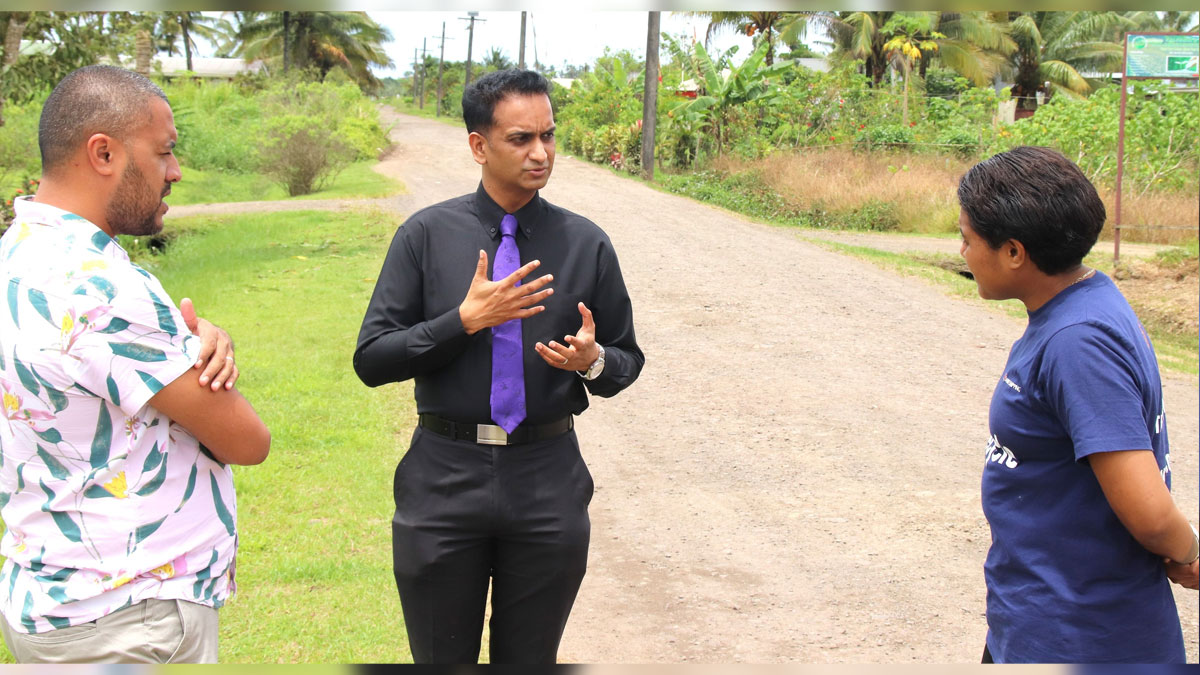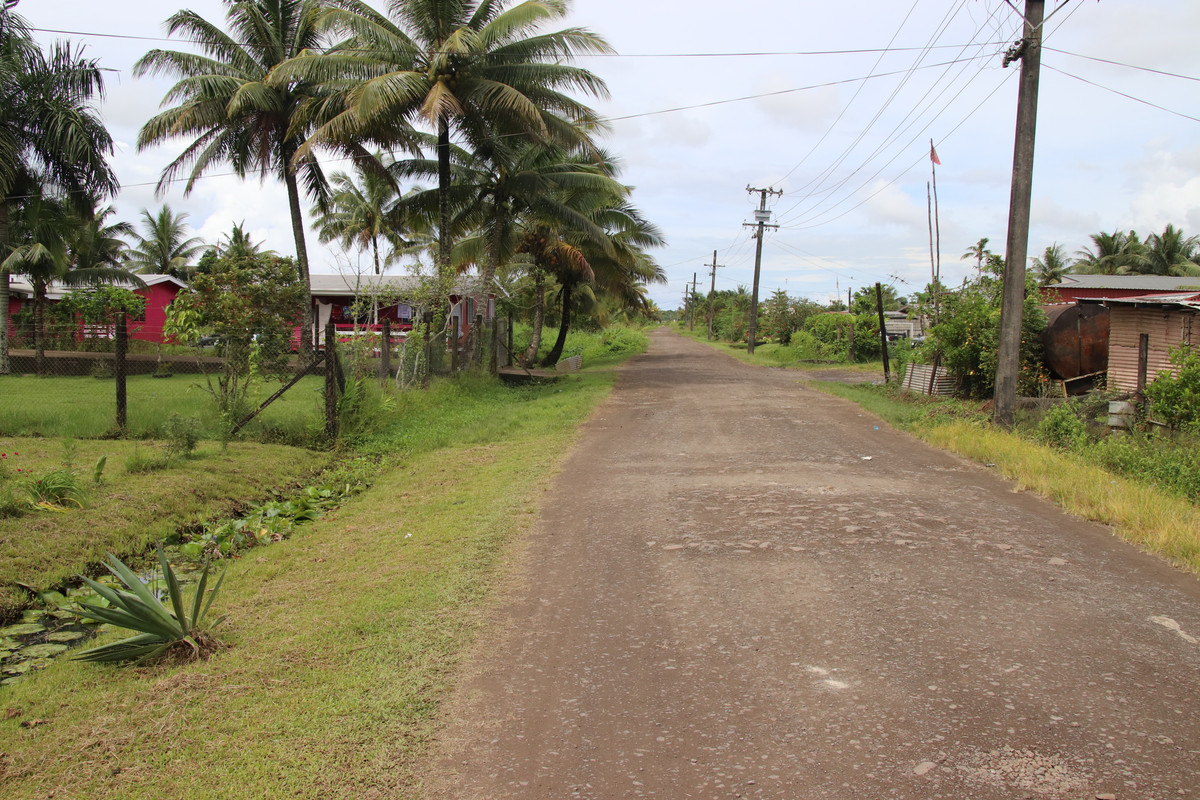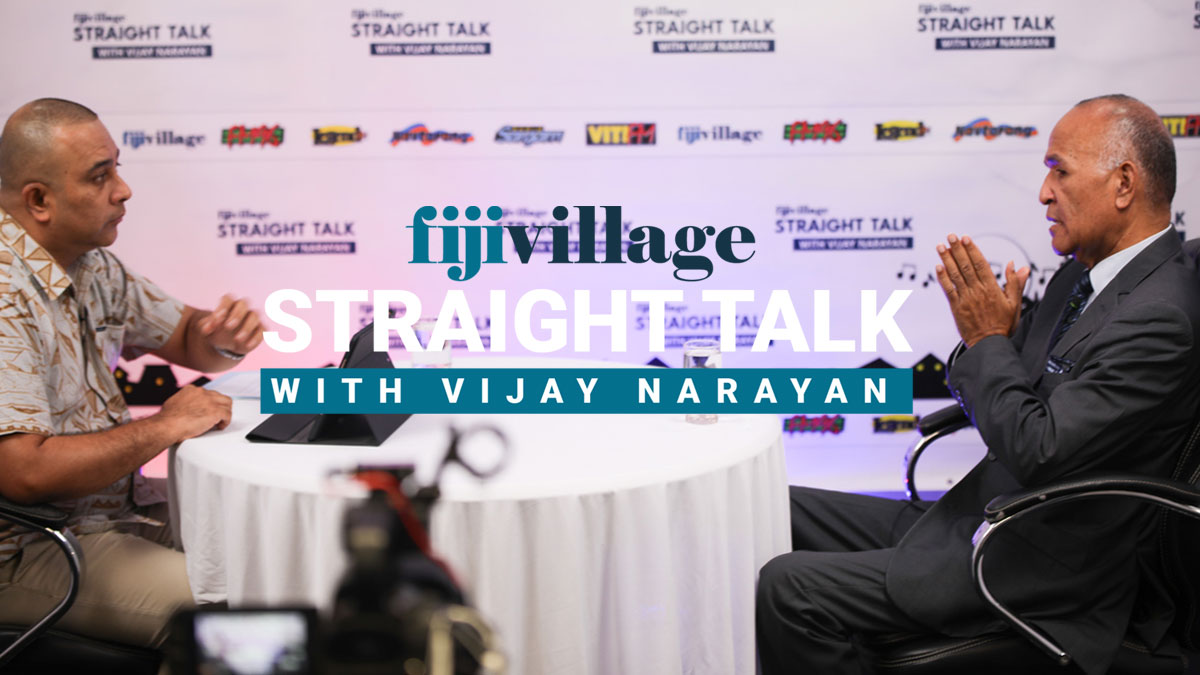
Residents in Kabutri Drive in Koronivia, Nausori will soon have a recycling bin set up in their community following the launching of a first of its kind community-based pilot recycling project.
Pacific Recycling Foundation will install a special designed ‘I Recycle’ bin in the community.
The project is an initiative of Pacific Recycling Foundation and Waste Recyclers Fiji Limited in partnership with the International Union for the Conservation of Nature, Department of Environment, Nausori Town Council and RC Manubhai.
Pacific Recycling Foundation and Waste Recyclers Fiji CEO, Amitesh Deo says the project aims to change people’s mindset and behaviour towards waste management and recycling, and also collect key information regarding the capturing of recyclables and community participation.
Deo says since the launch of the “I Recycle” campaign during the Global Recycling Day in March last year, there has been a lot of requests for engagement in residential communities.
He says the residents of Kabutri Drive have shown willingness in this community-based recycling set-up approach and a sense of ownership and active participation will be critical for potential roll-outs in other communities.

Kabutri Drive, Koronivia [Image: Waste Recyclers Fiji]
The CEO says a lot of work has been carried out in the past few months to develop this project, and they have also conducted consultations with community members and partners.
The project will be co-led by more than 10 recycling advocates, who are residents of Kabutri Drive and have undergone training sessions.
Recycling Advocate, Keshni Kiran has thanked Pacific Recycling Foundation and Waste Recyclers Fiji for empowering the community members.
She says they are grateful that her community will have ‘I Recycle bin’.
Kiran says this will not only benefit community members but the environment as a whole Kiran.
IUCN Oceania Climate Change Mitigation Coordinator, Paula Katirewa says their Plastic Waste Free Islands Project in consultation with Fijian stakeholders has identified several areas that needs demonstration of effective, quantifiable solutions to address plastic generation and leakage from small island developing states.
Katirewa says this includes the development and expansion of appropriate waste management infrastructure in informal sectors and rural and remote areas where almost half of Fiji’s population reside.
He says expansion of collection services to rural and remote areas should be done more frequently for the prevention of plastics leaking into the environment, especially through our rivers and waterways.
Katirewa adds the support through the Norwegian government-funded PWFI project for this pilot community project not only aims to strengthen the participation of local communities but also private bodies responsible for infrastructure operation of waste management facilities.
The project will be officially launched this Friday.
Stay tuned for the latest news on our radio stations

